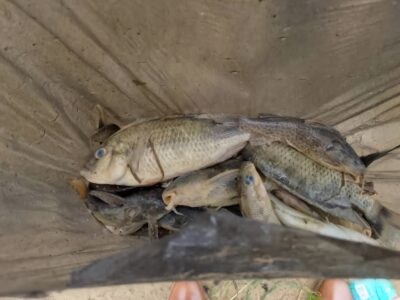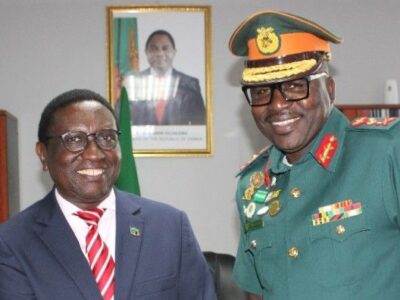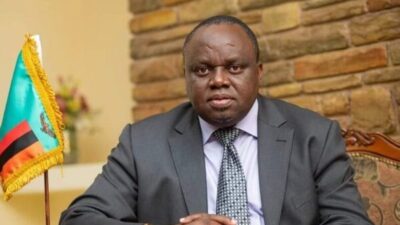The United States (U.S) and African Development Bank (AfDB) have acted to forge stronger ties to boost food production in the continent.
The United States Secretary of State, Antony Blinken, said extraordinary work was being done to get to a place where Africa feeds itself and a place where Africa feeds the world.
Blinken praised the African Development Bank Group for the efforts it was undertaking to help Africa feed itself and the rest of the world.
He noted that the AfDB was making the necessary investments in sustainable production in a smart effective way and along with its AfricaRice programme maximising crops and producing crops that can stand up to climate change.
“Extraordinary work is being done to get to a place where Africa feeds itself and a place where Africa feeds the world. I am convinced that can happen,” he said during a visit hosted by African Development Bank Group President, Akinwumi Adesina, in Abidjan.
In response, Adesina said, this was the first time that a United States Secretary of State would visit the African Development Bank and its work.
“Secretary Blinken’s visit is historic and provides great momentum for our work to feed Africa. I applaud Secretary Blinken’s strong leadership and commitment to food security and look forward to working closely with him and the US government to advance our joint efforts to support Africa to feed itself and help feed the world,” he said.
Adesina also thanked Secretary Blinken for a new grant of US$9.5 million to support the Bank’s Technologies for African Agricultural Transformation initiative, or TAAT.
The grant, which was a part of the larger U.S Government “Feed the Future” global hunger initiative, will be used for the second phase of the Bank programme called TAAT II, to help African countries increase food production, introduce climate-smart technologies, and expand extension services.
The Bank and the U.S government share a long-standing, results-oriented track record of collaboration on several issues.
The U.S and the African Development Bank are among the signatories to a memorandum of understanding that joins global partners to mobilize resources for the Lobito Corridor.
When completed, the rail and road programme will expand an economic corridor connecting Angola, the Democratic Republic of Congo and Zambia to global markets.
The programme would also provide opportunities for agricultural value chain development that use the transport infrastructure along the Lobito corridor.
WARNING! All rights reserved. This material, and other digital content on this website, may not be reproduced, published, broadcast, rewritten or redistributed in whole or in part without prior express permission from ZAMBIA MONITOR.












Comments